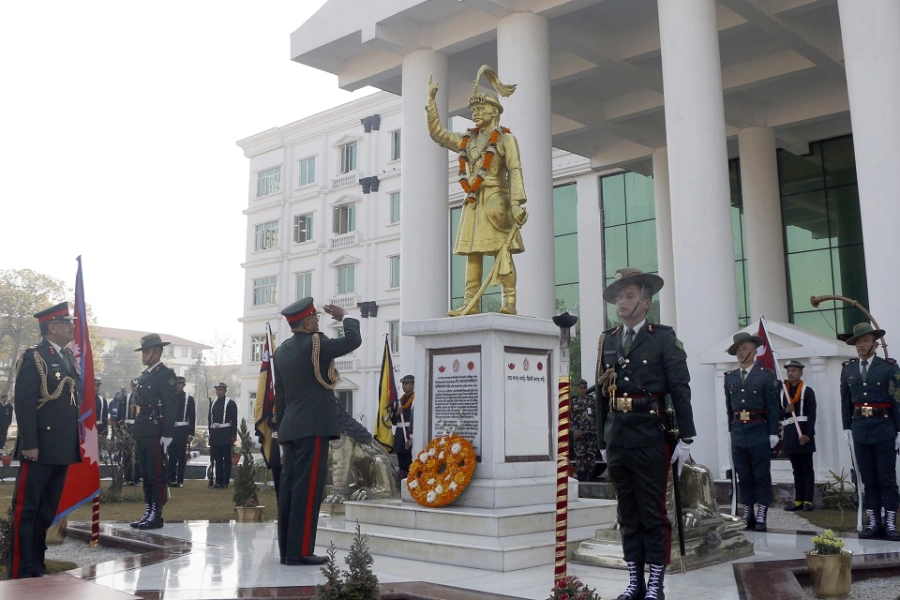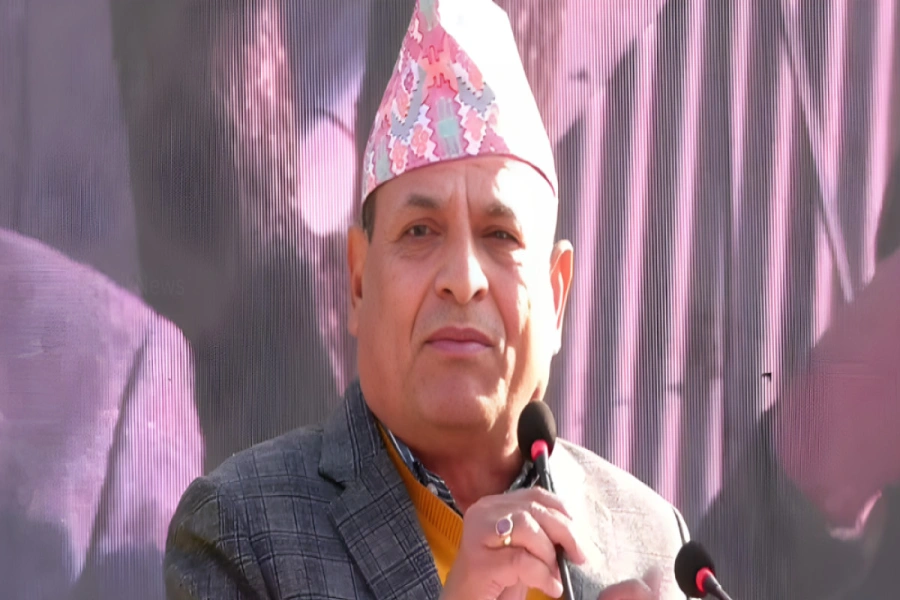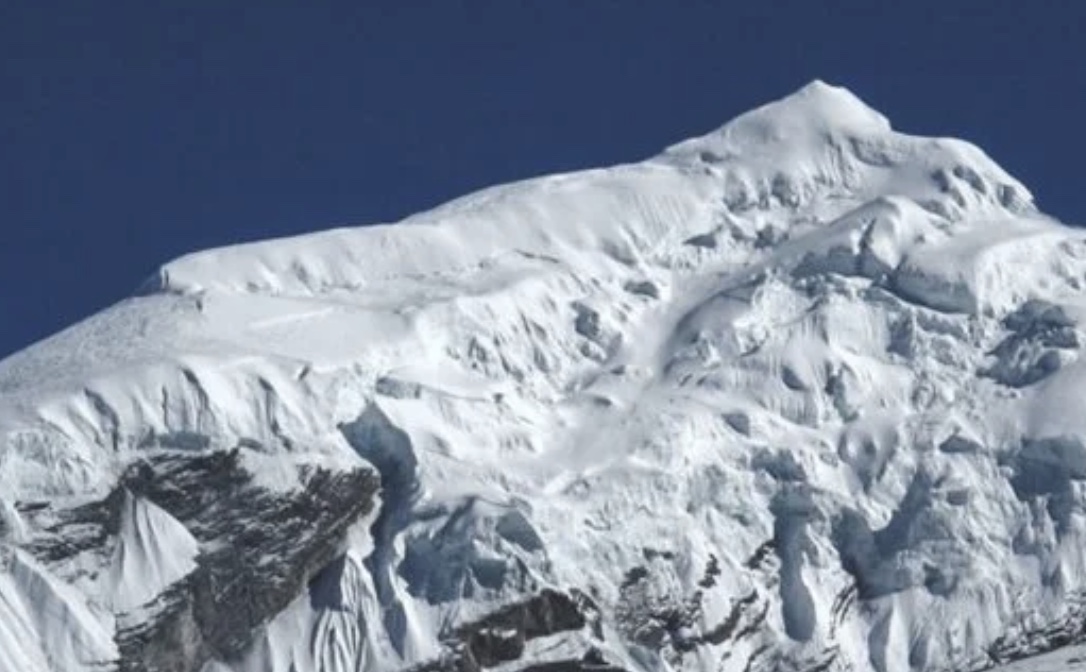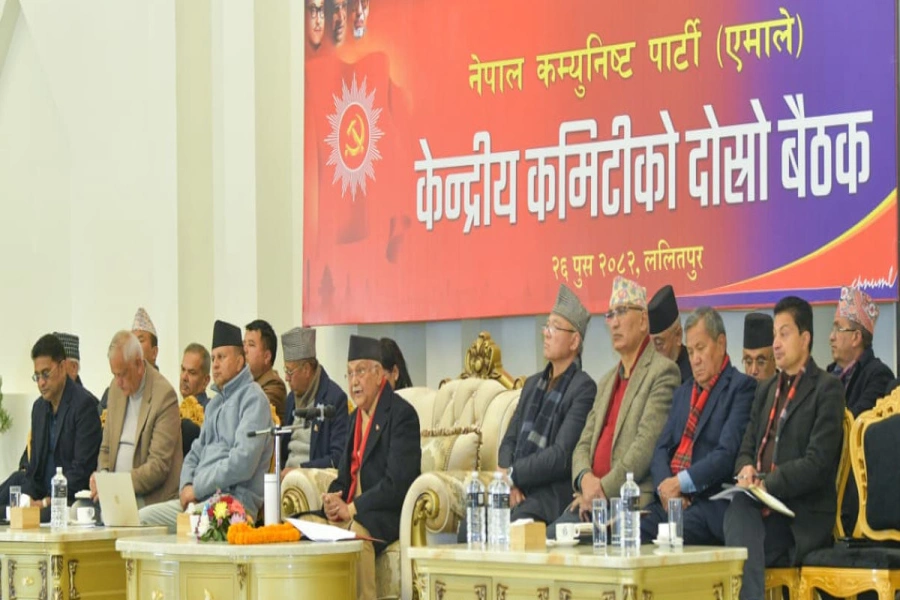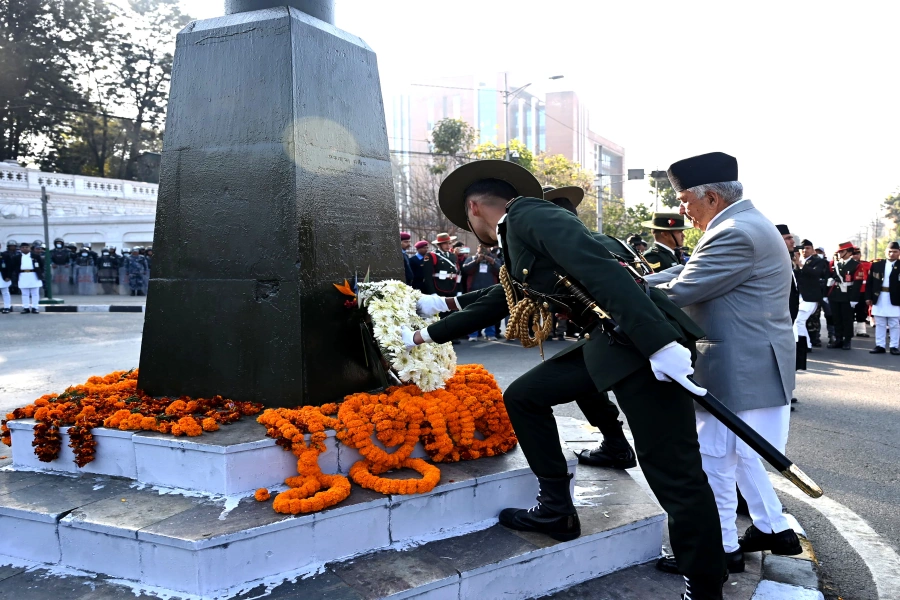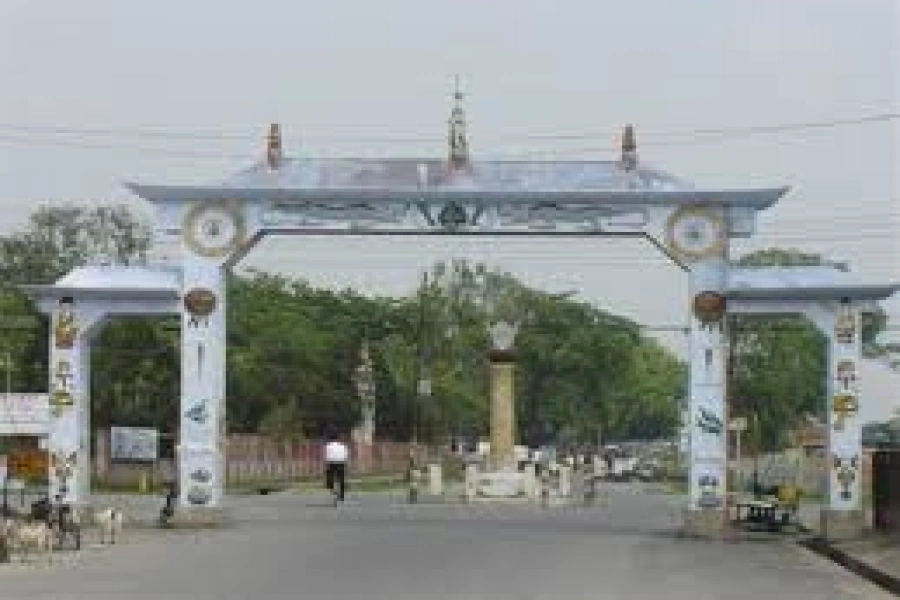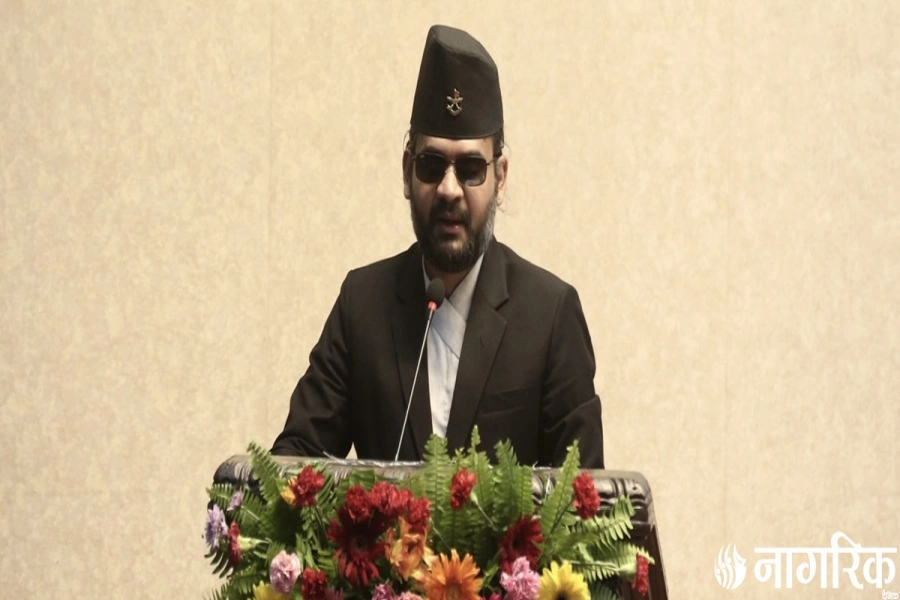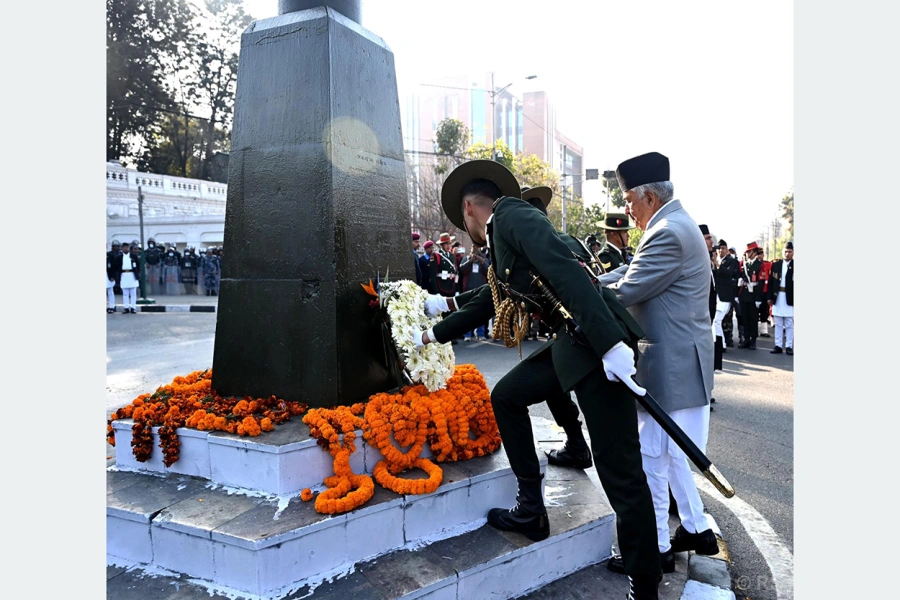The pace of change in the Hindu Kush Himalaya comes at the cost of delicate socio-ecological balance of these mountains
For many, mountains evoke powerful emotions with their breathtaking landscapes that inspire wonder. Mountains cover nearly 27 percent of the world’s land surface and directly support 22 percent of the world’s people. They serve as water towers to the world, providing for the freshwater needs of more than half of humanity. In addition to their impressive majesty, mountain systems also encompass a wide variety of ecosystems, a great diversity of species, and distinctive human communities.
The Hindu Kush Himalaya (HKH) is one of most diverse mountains systems in the world, spanning 4.3 million sq. km. of land across eight countries, from Afghanistan to Myanmar. Over millennia, communities in these landscapes have maintained a close relationship with the natural resources and surroundings that provide their livelihoods. For years, mountain were not studied as cohesive systems, but in recent decades, research is providing a more holistic understanding of mountain environments, and how they contribute to overall human well-being in the context of social, economic, and environmental changes.
The HKH presents some of the most austere geo-climatic conditions in the world, encompassing the barren wilds of the Tibetan Plateau, the cold semi-arid zones of northern Pakistan and Afghanistan, and the sweltering rainforests of northeastern India and Myanmar. These climates, however, have not deterred vast migrations, interactions, and evolutions of human communities in the HKH over the course of history.
Several hundred languages are spoken throughout the HKH, dialects that sprang from the Iranian, Tibeto-Burman, Indo-European, Burushaski, Mon-Khmer, Munda, and Mongolic language families. The associated cultural groups in the HKH testify to a dynamic assemblage of peoples shaped by several millennia of migration, trade, pilgrimage, conquest, and various religious, artistic, and political movements. These communities have come to possess distinct linguistic and artistic expressions, and worldviews to which the natural rhythms of mountain life are central.
At the same time, through generations of intimate interactions with their natural environments, these communities have developed vast treasures of traditional knowledge on indigenous pharmacology, agro-pastoral practices, and architectural and spatial use practices. For these communities, land, water, and forests are not simply natural resources to be exploited for profit on distant markets. As their ancestors before them, these communities understand that their well-being, their sense of identity and their children’s futures depend on the careful stewardship of the environment.
Until recently, traditional knowledge and practices provided the basis for the well-being and livelihoods of indigenous mountain communities. Consequently, mountain communities enjoyed an intangible, even spiritual connection to the elements of nature. However, in the recent decades, global media connectivity and the inclusion of once far-distant regions into national planning has ushered in the forces of globalization, consumerism and often top-down governance regimes. This has accelerated the pace of change in the HKH, often at the cost of socio-ecological balance of these mountains.
Of course, not all the change has been negative. Modern advances in health care, education, and economic opportunity have improved mountain livelihoods and often worked to dissipate some oppressive traditional socio-economic hierarchies. However, these advances have also caused some ruptures in traditional community fabrics, and a loss of interest in preserving local knowledge and cultural traditions.
Therefore, it is critical for research institutions, like ICIMOD, to take a serious approach to understanding the traditional cultural worldviews of mountain communities, and the rich bodies of knowledge embedded in those worldviews. In this way, we can devise the best possible solutions to carry on the generations-old traditions of stewardship in these delicate ecosystems. This ‘intangible heritage’ of mountain communities also enriches the global community, providing inspiration and insights for realizing a more sustainable relationship between communities and the environment.
The UNFCCC Paris Agreement of December 2015 recognizes that adaptation actions should follow a ‘participatory and fully transparent approach, taking into consideration vulnerable communities and ecosystems’, and based on traditional, indigenous and local knowledge, as well as science (Article 7). However, until recently, mountain communities have received little support for adaptation and their involvement in adaptation policy and planning has been limited.
Challenges also bring opportunity. Today, there is potential to mobilize traditional knowledge to provide place-based evidence on climate change and its impacts on ecosystems and livelihoods. Similarly, local knowledge and research can work together to develop effective responses that sustain biological and cultural diversity for adaptation in future.
If managed well, various facets of tangible and intangible cultural heritage can be long-term assets. They can represent an innovative way of achieving sustainable development goals, and, as such, produce better livelihoods, food and water security, and effective climate change mitigation efforts.
Mountain Sports Conclave successfully concludes; Nepal commits...

Pradhan (nawraj.pradhan@icimod.org) is Associate Coordinator, Kailash Sacred Landscape Initiative, Transboundary Landscapes and Pandey (abhimanyu.pandey@icimod.org) is Cultural Services Analyst in the Livelihood Theme at the International Centre for Integrated Mountain Development (ICIMOD)




